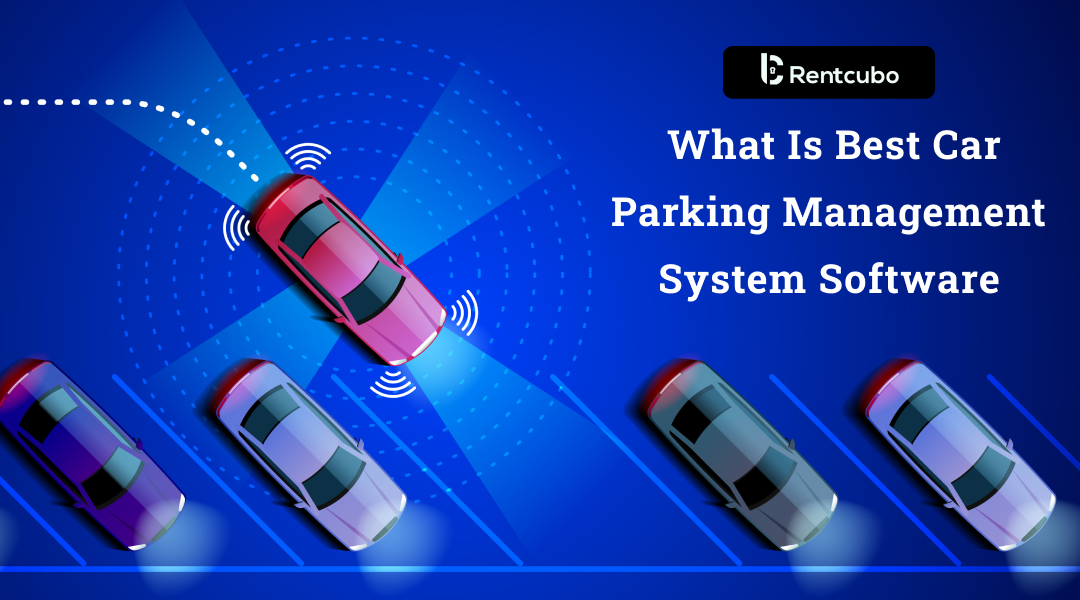Revolutionizing Parking: The Ultimate Car Park Management System
Imagine a world where finding a parking spot is no longer a time-consuming, frustrating endeavor. Thanks to the revolutionary car park management system, this vision is becoming a reality. With the rapid advancement of technology, parking lots are undergoing a transformation that promises a seamless experience for drivers and efficient management for parking lot operators. The integration of smart technologies such as sensors, mobile applications, and data analytics is revolutionizing the way we park, providing us with the ultimate car park management system. In this article, we will explore the benefits and features of this groundbreaking system, highlighting its potential to revolutionize parking as we know it. Whether you are a driver in search of a stress-free parking experience or a parking lot operator seeking improved efficiency, the car park management system is set to transform the future of parking management. So, let’s dive into the exciting world of this technological innovation and discover how it is reshaping the parking landscape.
Benefits of a Car Park Management System
With the ever-increasing number of vehicles on the roads today, efficient management of car parks has become a necessity. A car park management system is the ultimate solution to streamline parking processes and provide several benefits to both car park operators and users. This innovative system offers convenience, improved security, and better utilization of parking spaces.
Firstly, a car park management system brings immense convenience to users. Gone are the days of searching endlessly for a parking space. With this system, drivers can easily locate available parking spots through real-time guidance provided by sensors or mobile apps. This saves time, reduces frustration, and enhances the overall parking experience.
Secondly, safety and security are enhanced with the implementation of a car park management system. Modern technologies like surveillance cameras, license plate recognition systems, and secure payment gateways ensure a secure parking environment. Users can have peace of mind knowing that their vehicles are monitored and protected from theft or damage, making the car park a safer place for everyone.
Lastly, car park management systems optimize space utilization, providing maximum efficiency in managing parking resources. The system can monitor and analyze parking patterns, allowing operators to make informed decisions on capacity planning and resource allocation. This leads to a reduction in congestion, as well as effective utilization of space, benefiting both the car park operator and the environment.
In conclusion, a car park management system brings numerous advantages to car park operators and users alike. It offers convenience by simplifying the parking process, enhances security measures, and optimizes space utilization. Implementation of such a system revolutionizes the way car parks are managed, making parking a hassle-free and pleasant experience.
Key Features of an Effective Parking Management System
A well-designed car park management system should possess several key features to ensure efficiency and convenience for both car owners and parking operators. Here are some essential elements that contribute to an effective parking management system:
-
Efficient Space Utilization:
An effective car park management system optimally utilizes the available parking spaces. Through the use of advanced sensors and real-time monitoring, it accurately tracks the occupancy status of each parking spot. This information is then made available to drivers, allowing them to quickly locate vacant spaces. The system also ensures that the parking areas are effectively planned and organized, maximizing the utilization of existing space. -
Seamless Payment Integration:

A convenient and smooth payment process is a crucial aspect of any parking management system. An effective system should integrate various payment options, such as cashless transactions, mobile payment apps, and contactless payment methods like NFC or RFID. This allows drivers to easily pay for their parking without the need for physical tickets or cash, increasing overall efficiency and reducing waiting times at the payment booths. -
Real-time Monitoring and Security:
An advanced car park management system incorporates real-time monitoring features to enhance security and provide a safe environment for both vehicles and individuals. CCTV cameras and smart sensors are strategically placed throughout the parking facility, continuously monitoring for any suspicious activities or potential security threats. These real-time monitoring capabilities help prevent theft, vandalism, and other criminal activities, ensuring the safety of parked cars and providing peace of mind to both drivers and parking operators.
In conclusion, an effective parking management system must incorporate efficient space utilization, seamless payment integration, and real-time monitoring features. By providing easy access to available parking spaces, convenient payment options, and enhanced security measures, such system revolutionizes the parking experience, making it more organized, convenient, and secure for everyone involved.
Best Practices for Implementing a Car Park Management System
When implementing a car park management system, there are several best practices that can help streamline the process and ensure its successful implementation.
- https://watermelonparking.com/
Clearly Define Objectives: Before embarking on the implementation of a car park management system, it is crucial to clearly define the objectives you aim to achieve. This will help you determine the specific features and capabilities required from the system and ensure that it aligns with your overall parking management goals.
-
Conduct a Comprehensive Needs Assessment: To ensure a successful implementation, it is essential to conduct a comprehensive needs assessment of your parking facility. This assessment should include factors such as peak parking hours, average occupancy rates, and any specific requirements unique to your facility. Gathering this information will enable you to make informed decisions when selecting a car park management system that best suits your needs.
-
Engage Stakeholders and Provide Training: Effective stakeholder engagement is vital throughout the implementation process. Ensure that all relevant staff members are involved and informed about the new system’s benefits and functionalities. Additionally, provide adequate training sessions for users to familiarize themselves with the system’s features, ensuring its seamless integration into daily operations.
By following these best practices, you can optimize the implementation of your car park management system, enhancing efficiency and improving the overall parking experience for both users and staff.